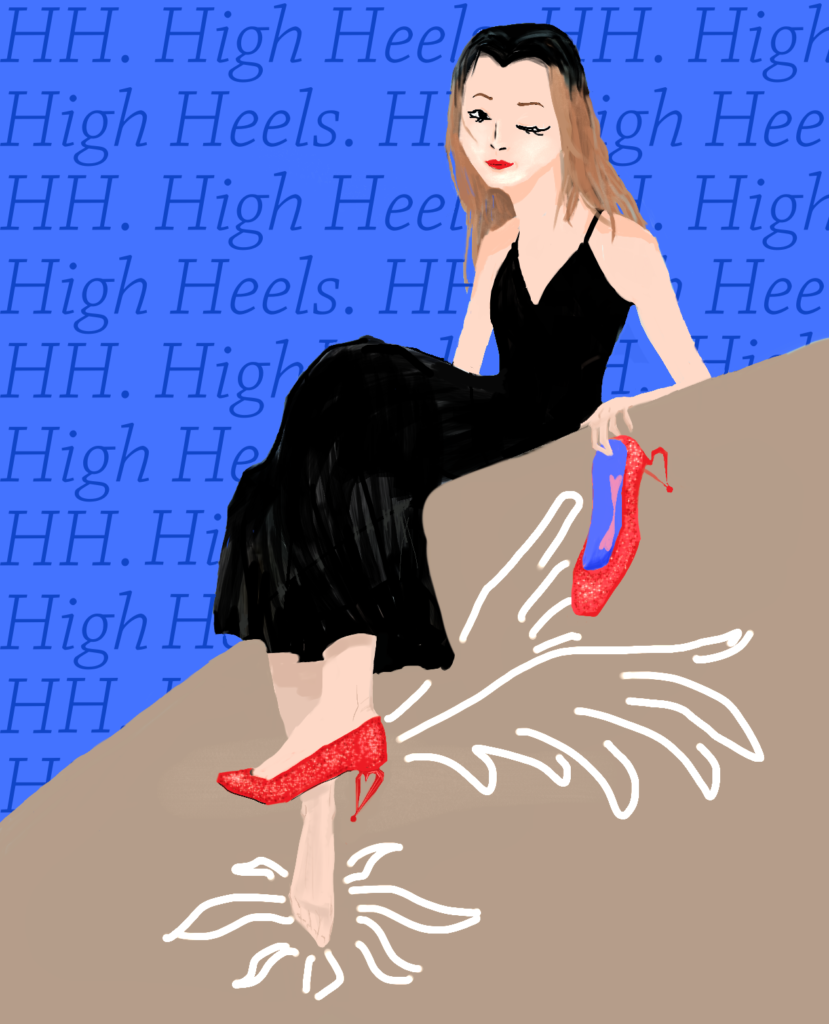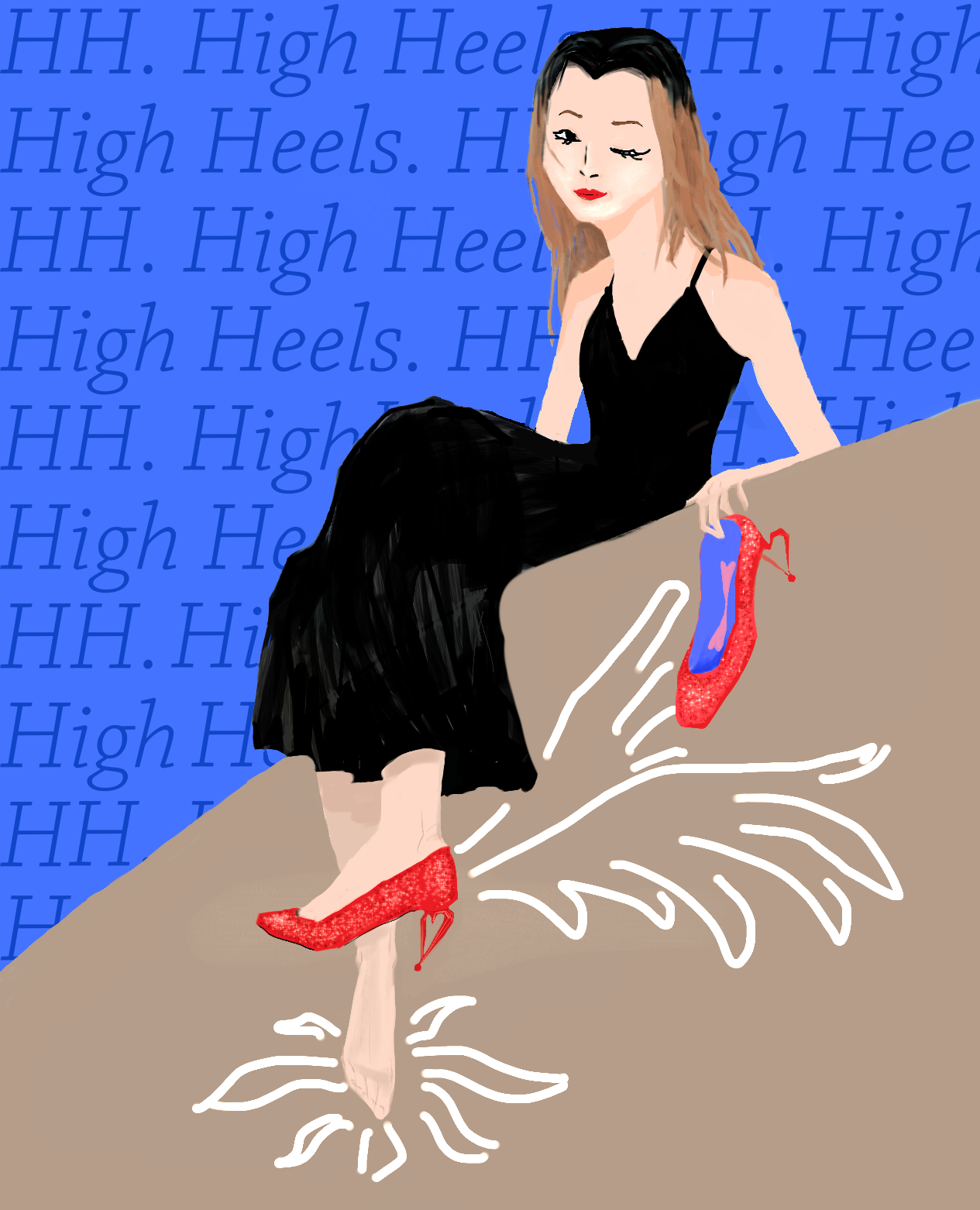The first pair of heels I remember buying was when I was in middle school. I had just joined my middle school’s speech team, and when I went to my first speech tournament I was startled to see my competitors decked out in business attire.
Their hair was done, nails painted, ties ironed, and I could smell colognes and perfumes. What struck me the most was the variety of high-heeled shoes my female competitors were wearing. I instantly wanted my own pair, so my mother took me shopping.
My mother brought me to her go-to destination: Macy’s. I was overwhelmed. Everywhere I looked there were an artful displays of alluring shoes, some organized by designer, some by style, and some by whatever sale Macy’s was trying to promote.
My mother and I settled on a set of 3-inch black patent leather heels, and I left the mall feeling like a new woman.
I do not consider myself a shoe fanatic, but I am definitely a fan of shoes. I love following designer shoe accounts on Instagram and browsing the season’s new styles.
I dream of one day owning my own pair of Louboutins or Jimmy Choos, but I have no desire to empty my bank account. But sometimes the question arises in my mind — why are we, as a culture, so obsessed with shoes?
Shoe ads are some of the most common I see on TV or the internet, whether for sneakers or discount shoe stores like Payless.
There is a distinct culture around shoes,akin to that of purses or jewelry. Shoe designers can gain notoriety and fame, and almost every major fashion house puts effort in promoting their own line of shoes.
Why don’t we have the same obsession with pants, or belts or blouses? I think it’s because shoes are one of the few items of clothing that are truly universal.
In adulthood, your weight or even height can fluctuate, but shoes size stays relatively the same. And while with clothes you have a choice in what you want to wear (some might like skirts, dresses, pants, etc) everybody needs shoes.
Shoes also have a uniquely tactile nature to them. Whenever you walk, some part of your mind is aware of your shoes — how comfortable they are, the sound they’re making, or their stability.
The easiest way to spice up an outfit or pull an outfit together is to add an inspired pair of shoes to the ensemble — that kind of utility is valuable. They also can double as collector’s items. You can easily hold a pair of shoes in your hand to inspect and admire, you can display them, and they can accumulate in value over time. When designers stop making older models and have exclusive, limited-number releases, they drive up the prices of their shoes.
There’s no denying the cultural importance of shoes. For some, buying a new pair of shoes can be some sort of retail therapy, or reward. For those who save and save until they can afford their dream pair, it serves as a symbol of their accomplishments.
Whatever the reason may be for our cultural obsession with shoes, I, for one, will keep loving them.
P.S. If you want to experience a part of Internet history and society’s love for shoes all at once, watch this iconic YouTube video.


